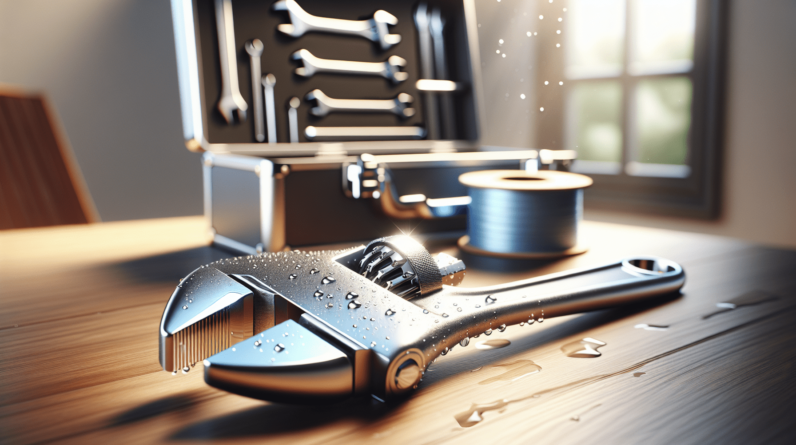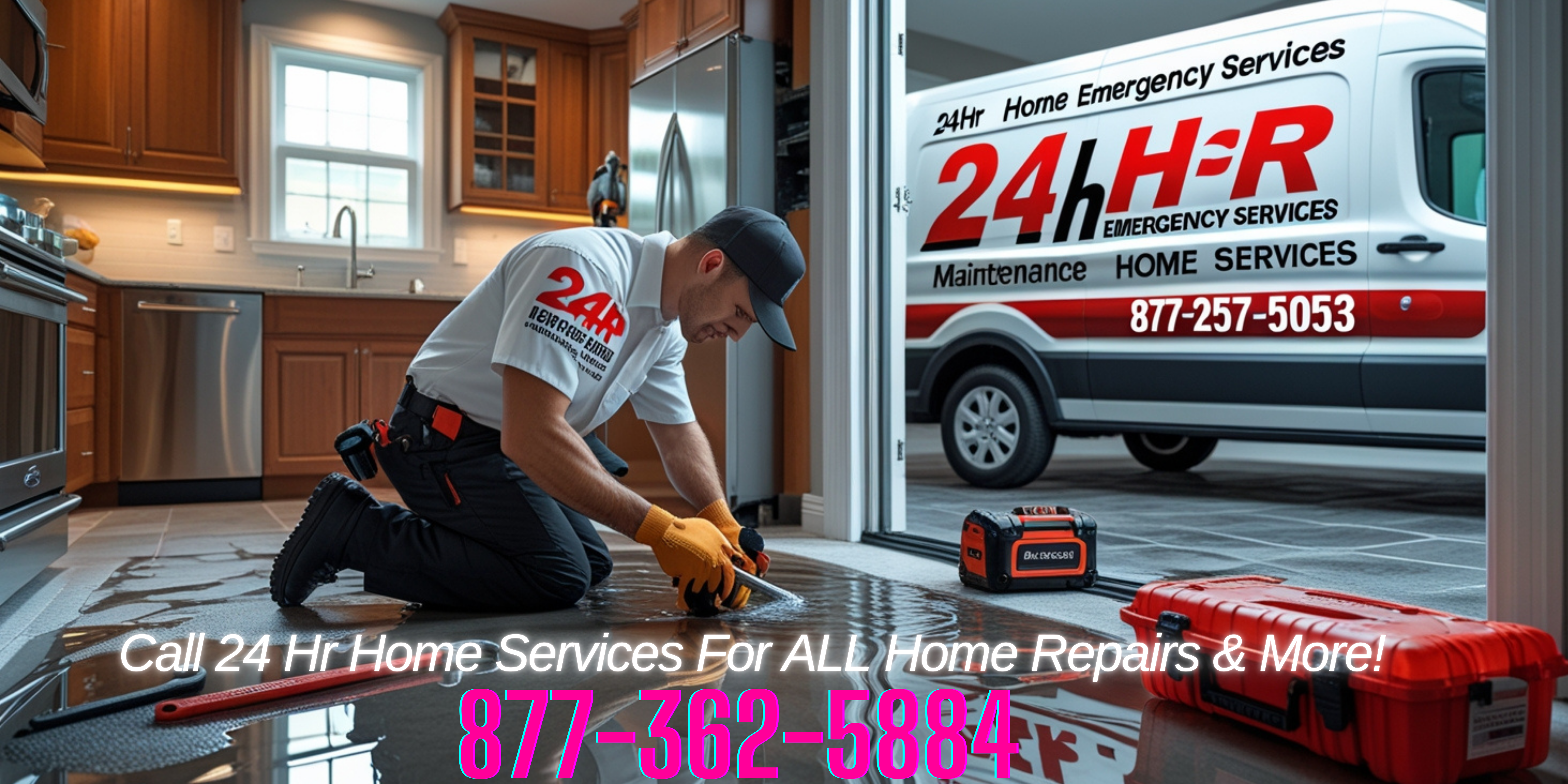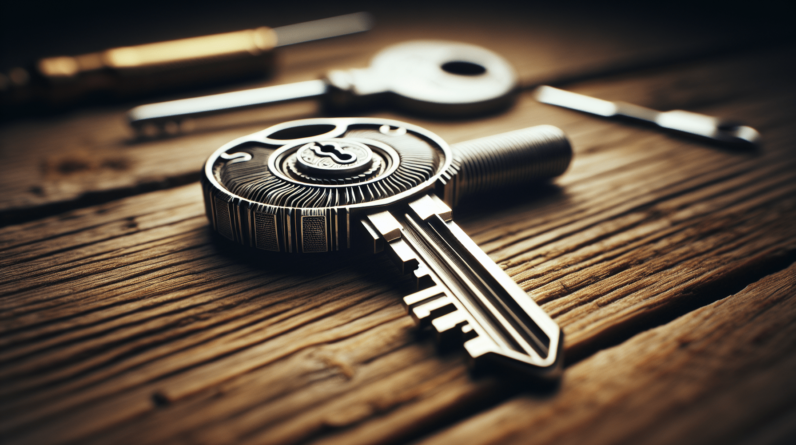
Have you ever found yourself in an unexpected plumbing crisis, wondering what to do next? It’s a common situation that many face at some point. Knowing how to handle emergency plumbing issues can make a world of difference and save you from costly repairs down the road.
Understanding Emergency Plumbing
Emergency plumbing refers to urgent plumbing issues that require immediate attention. These situations often arise suddenly and can lead to significant damage if not resolved quickly. Common examples include burst pipes, overflowing toilets, and severe leaks. Understanding what constitutes an emergency is your first step in navigating these crises.
Common Emergency Plumbing Situations
-
Burst Pipes
A burst pipe can wreak havoc in your home, causing water damage and creating a perfect environment for mold growth. It’s essential to act fast; turn off your home’s main water supply and call a plumber. -
Clogged Drains
Severe drain blockages, especially in essential areas like kitchens and bathrooms, can lead to overflowing and significant messes. If a plunger isn’t helping, it may be time to reach for professional assistance. -
Overflowing Toilets
An overflowing toilet can quickly escalate into a disaster. Knowing how to shut off the water supply to your toilet can prevent further damage. If the problem persists, don’t hesitate to call for help. -
Water Heater Issues
A malfunctioning water heater can leave you without hot water and may even cause leaks. Strange noises or water pooling around the heater are signs that something is wrong and needs immediate attention.
Recognizing Emergency Situations
Recognizing when you have a plumbing emergency is crucial. Here are a few indicators that you need immediate assistance:
- Unusual water stains on walls or ceilings.
- Diminished water pressure suddenly occurring throughout the home.
- Foul odors emanating from your drains or plumbing fixtures can point to a serious root problem.
- Water pooling in places where it shouldn’t be, indicating a leak.
If you notice any of these signs, don’t hesitate to act. Quick intervention can often mitigate damage and save you money.
The Importance of Quick Action
When faced with plumbing emergencies, time is of the essence. Taking swift action not only helps minimize damage but also can make repairs easier and, in many cases, cheaper.
Steps to Take in a Plumbing Emergency
-
Shut Off the Water Supply
If you suspect a leak or a burst pipe, locate your main shut-off valve and turn off the water to prevent further damage. Knowing how to find and operate this valve is essential for any homeowner. -
Assess the Situation
Once the water is turned off, take a moment to evaluate the extent of the damage. Is water flowing uncontrollably? Are there signs of significant structural damage? Understanding the severity can help you communicate effectively with a plumber. -
Call a Professional
Unless you’re experienced in plumbing repairs, it’s often best to call a qualified plumber. They have the training and tools to handle emergencies efficiently. -
Document the Damage
Take photos or notes of any damaged areas as this can be helpful for both insurance claims and your plumber to assess the situation accurately.

How to Choose an Emergency Plumber
When disaster strikes, you want to find the right plumber quickly. Knowing what to look for can save you time and hassle:
Factors to Consider
| Factor | Description |
|---|---|
| Availability | Ensure they are available 24/7 to handle emergencies. |
| Experience | Look for plumbers with experience in emergency situations. |
| Licensing & Insurance | Make sure the plumber is licensed and insured to protect yourself from liability. |
| References/Reviews | Check online reviews or ask for references from friends and family. |
| Response Time | Inquire about their average response time; quicker is better in an emergency. |
Finding a reliable plumber before you need one can save you time when facing an emergency. Consider doing some research ahead of time so that you have a contact ready to go when issues arise.
Questions to Ask a Potential Plumber
Before hiring an emergency plumber, you might want to ask some questions to ensure they’re the right fit:
- How long have you been in the plumbing business?
- Do you provide emergency services, and what is your average response time?
- Can you give me an estimate for the work needed?
- Is your work guaranteed?
- Do you have customer references I can contact?
Asking these questions can help you feel more comfortable and informed about the services you might be receiving.
Preventative Measures
While emergencies can’t always be avoided, there are steps you can take to limit the likelihood of plumbing issues occurring in the first place.
Regular Maintenance
Scheduling regular inspections and maintenance can help catch potential issues before they escalate. Here are some key actions:
-
Annual Plumbing Inspections
Have a professional assess your plumbing system annually to identify any existing issues. -
Flush Your Water Heater
Regularly flushing your water heater can prevent sediment buildup and prolong its lifespan. -
Know Your Plumbing System
Familiarize yourself with your home’s plumbing layout. Knowing where shut-off valves and cleanouts are can save you time during emergencies. -
Monitor Water Pressure
High water pressure can lead to leaks and bursts. Consider installing a water pressure gauge and taking action if it reads above the recommended levels.
Usage Tips
-
Be Mindful of What Goes Down the Drain
Avoid disposing of cooking grease, hair, or foreign objects in your sinks and toilets. -
Install Drain Screens
These simple tools can prevent clogs by catching debris before it goes down the drain. -
Watch for Signs of Problems
Don’t ignore minor leaks or unusual sounds from your plumbing. Addressing small issues promptly can prevent them from growing into emergencies.

Dealing with Insurance
If a plumbing emergency results in damage, having a clear understanding of your homeowner’s insurance policy can be invaluable.
Understanding Your Coverage
Most homeowner’s insurance covers water damage caused by sudden and accidental plumbing failures, but specifics can vary based on your policy and situation. Here are various points to consider:
-
Types of Coverage
Review what types of plumbing failures are covered. Usually, this includes burst pipes but might exclude damage from neglect or poor maintenance. -
Claim Process
Familiarize yourself with how to initiate claims and what documentation is required. Photos and reports from your plumber will be beneficial. -
Deductibles
Be aware of your policy’s deductible; this is the amount you’ll pay out of pocket before insurance kicks in.
Tips for Filing a Claim
-
Document Everything
Take pictures of the damage, keep receipts for repairs, and obtain a copy of the plumber’s report. -
Report Promptly
Most insurance policies require that you report damage as soon as possible. Don’t delay in contacting your insurance company. -
Work With a Professional
If you’re uncertain about navigating your coverage, consider consulting with a public adjuster. They can help ensure you receive a fair settlement.
What to Expect During an Emergency Plumbing Visit
When a plumber arrives to address your emergency, understanding what to expect can help ease your mind during a stressful situation.
The Assessment Process
-
Initial Evaluation
The plumber will begin by assessing the situation. They’ll check for the source of the problem and the extent of the damage. -
Discussion
After evaluation, they will discuss their findings and propose solutions. Don’t hesitate to ask questions if you don’t understand something. -
Repair Work
Depending on the situation, they might be able to fix the issue immediately, or they may need to order parts or schedule more extensive repairs.
Costs and Payment
-
Estimates
Typically, you’ll receive an estimate before any work begins. This will help you understand the expected costs involved. -
Payment Options
Discuss payment options with the plumber upfront to avoid surprises later. Many plumbers offer flexible payment plans, especially for emergency services.
Post-Emergency Follow-Up
After the crisis is resolved, knowing how to proceed can set you up for success and future peace of mind.
Monitoring Repairs
After repairs, keep an eye on the affected areas for any signs of recurring issues. Quick detection can help avoid further emergencies.
Maintaining Communication with Professionals
Establishing a relationship with your plumber can be advantageous. If they know your home’s plumbing history, it helps for future issues or routine maintenance.
Keep Records
Document the repairs and any maintenance performed. Records are useful for the future, particularly when it comes to insurance claims or potential property sales.
Local Emergency Plumbing Resources in Milwaukee
If you ever find yourself in a plumbing emergency in Milwaukee, you’ll want to have some local resources at hand.
Recommended Plumbing Services
While I can’t provide specific recommendations, I encourage you to search for local plumbers with positive reviews and a solid reputation. Look at online platforms or use word-of-mouth referrals from friends and family.
Milwaukee Community Resources
Consider checking local business directories, community boards, or social media groups dedicated to home improvement or local services. Here, you can often find recommendations and experiences shared by locals.
Conclusion
Plumbing emergencies can be daunting, but understanding how to respond effectively can significantly ease the burden. You’ve learned how to recognize emergencies, the procedures to take, and the importance of preventative measures. With the right knowledge on hand, you can approach these situations with confidence, knowing that you are equipped to protect your home and wallet from extensive plumbing issues.
Always remember to prioritize quick action, professional assistance, and regular maintenance to keep your plumbing in good shape and minimize emergency incidents in the future.











